
Curator’s statement
The tiny central African country is erupting with fascinating things to do – from wildlife safaris and jungle treks to visiting women’s cooperative craft shops and drinking homemade banana beer. With plastic bags banned for years, Rwanda is at the forefront of sustainability in Africa. Conservation is central to the tourism industry which preserves habitat for wildlife making Rwanda one of the best places to see the Big Five and rare primates and apes including chimpanzees and gorillas.
The Fora Difference
Book with Henley to access exclusive perks and experiences on your trip.
Killer perks
Free upgrades, spa credits and more—we got you
Personalized recs
Customized travel planning for your style
Insider knowledge
Expert advice from people who’ve actually been there
Where to stay
Day 1: Arrive in Kigali
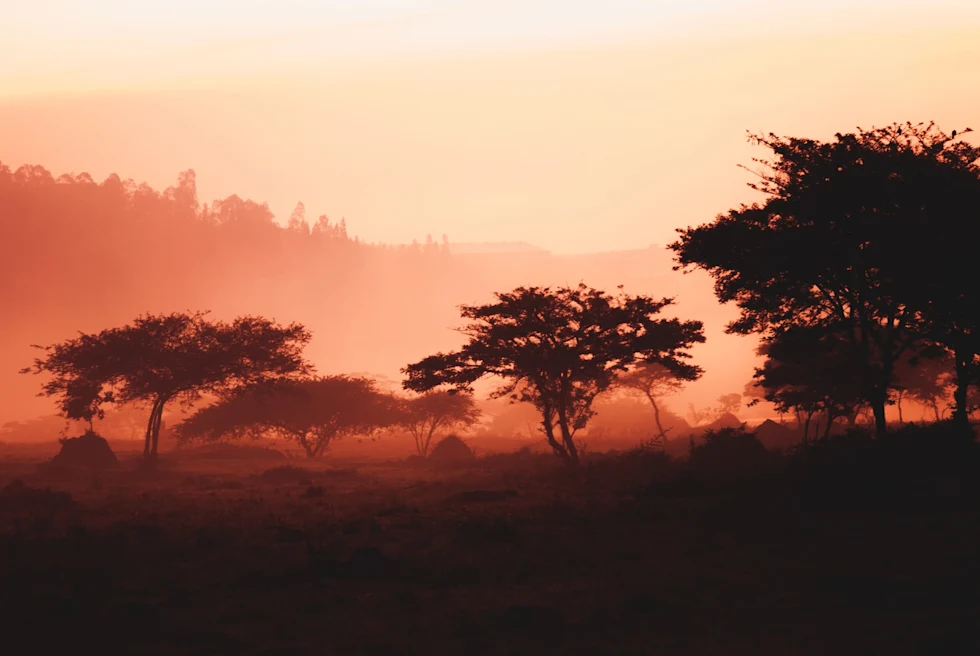
Check-in and get some rest. Most flights arrive in the evening.
Day 2: Explore the capital city
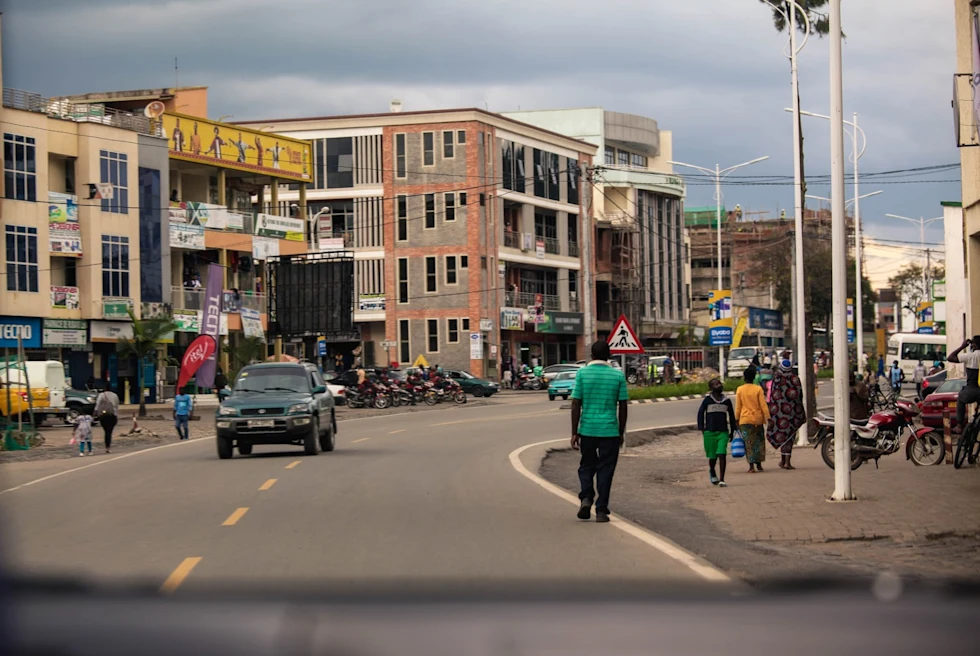
Shop for local crafts
Don’t overlook the capital in the rush to get to the gorillas. Hire a driver to take you around the city to do some shopping for local goods.
Hope Shop is a retail space showcasing Rwandan artisans. At Nyamirambo Women's Center and Abraham Konga Collections, you can meet women from the community while they’re making crafts and jewelry.
The Inema Art Center has several stores where artists sell paintings, jewelry, woven goods and more.
Stop at the famous Question Coffee for a pick-me-up before heading to Moshions for custom tailoring with traditional colorful Rwandan prints.
Pay your respects at the Genocide Museum
Rwanda is a very safe country to visit, and Rwandans are united after facing the unimaginable nearly three decades ago when over a million Rwandans were killed during the genocide. It’s important to understand what happened here before you travel around the country, as everyone over the age of 30 has a story from this painful time. As a guest in the country, you need to treat the topic with care and compassion.
The story of how the genocide came to be is explained at the heartwrenching Kigali Genocide Museum. Plan to spend at least an hour here to read through all the information and honor those who were killed. Bring tissues and get ready to cry your way through this incredibly moving and important memorial. The rooms dedicated to children victims of the genocide are especially triggering.
Unwind with a sundowner
After a harrowing afternoon, celebrate how far Rwanda has come and honor the efforts of the Rwandan people to cultivate a peaceful country by toasting to them with a cocktail at sunset. The rooftop bar at the Ubumwe Grande Hotel is a great option.
For dinner head to the Heaven restaurant at the Retreat.
Day 3: Volcanoes National Park
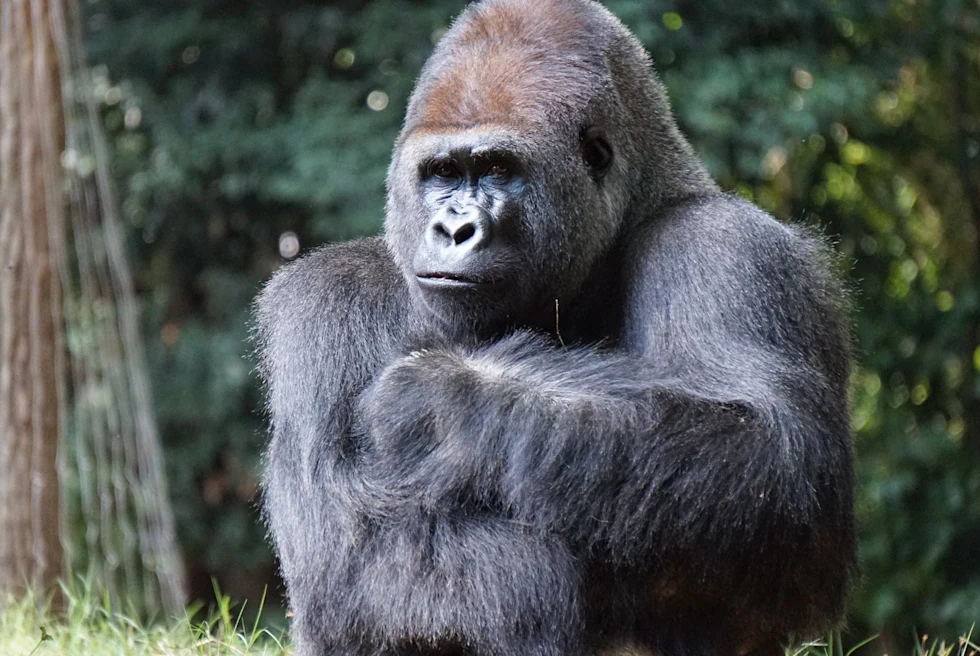
Hit the road
Have an early breakfast, check out of your Kigali hotel and leave to drive to Volcanoes National Park, a trip which takes about three hours. You’ll drive through the gorgeous countryside by farms and villages. The main economy in Rwanda is agriculture and the majority of the population works in the industry. Given the limited land and growing population, you’ll notice that not one bit of land is unfarmed.
Day 4: Trek with gorillas
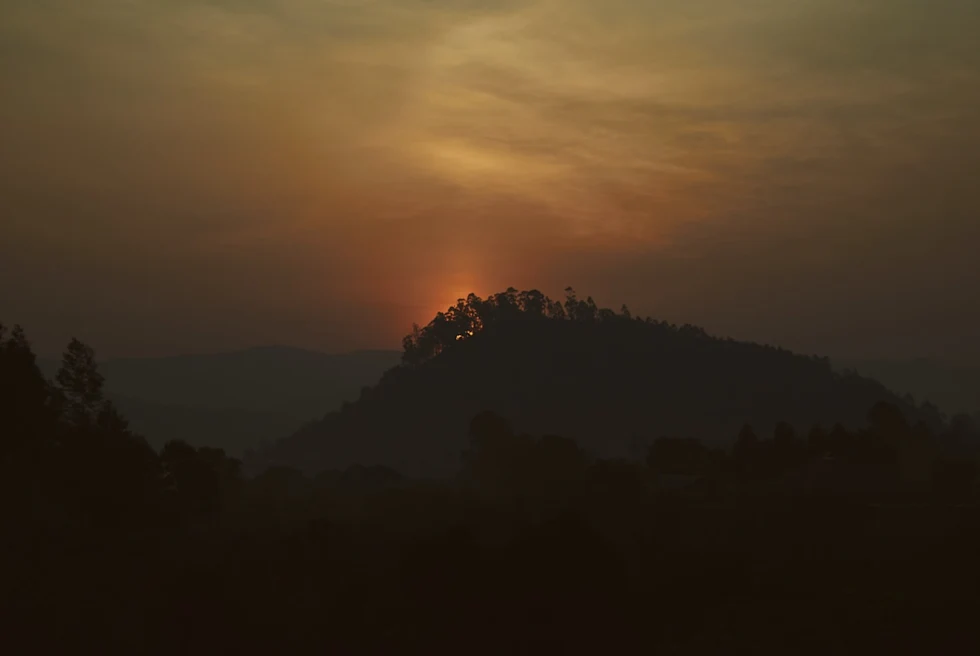
Gorilla trekking permits are $1,500 due to the number of people it takes to make this possible. The funds go back to supporting the local community by creating jobs, building hospitals and schools, and preventing poaching.
At the visitor center, you’ll be assigned a guide and driven to the starting point for your trek. The trek team includes trackers (already out following the family that you’ll be observing), plus your guide, plus a ranger with a gun (this is in case you run into a buffalo, who can be aggressive and unpredictable), plus porters available to hire. The porters will carry your backpack, help you up inclines and through the mud.

A note from Henley
Gear matters here. In addition to good hiking boots, you'll want a wide-brimmed hat, a waterproof outer layer, and trekking pants thick enough to protect from scratches when walking through thick brush. Most lodges provide gators.
Day 5: Climb a volcano
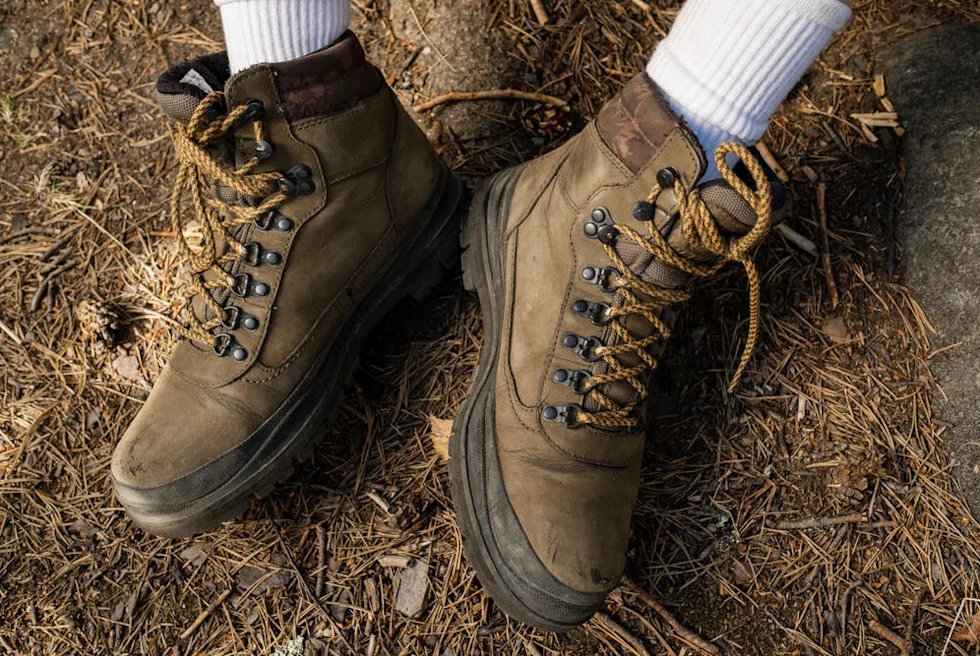
Volcanoes National Park is home to five towering volcanoes as well as the wildlife that walks their slopes. Although many are too tough to summit in one day, Bisoke is manageable for those ready for a challenge. You’ll climb up to 12,000 feet starting from around 8,000 feet. The trekking is tough, so be ready for the impact of altitude, drink lots of water, wear good hiking boots, and don’t attempt if you’re not in decently good shape. There’s a crater lake at the top and you’re right at the border of the Congo. It’s well worth the effort!
Day 6-9: Seeing more of Rwanda
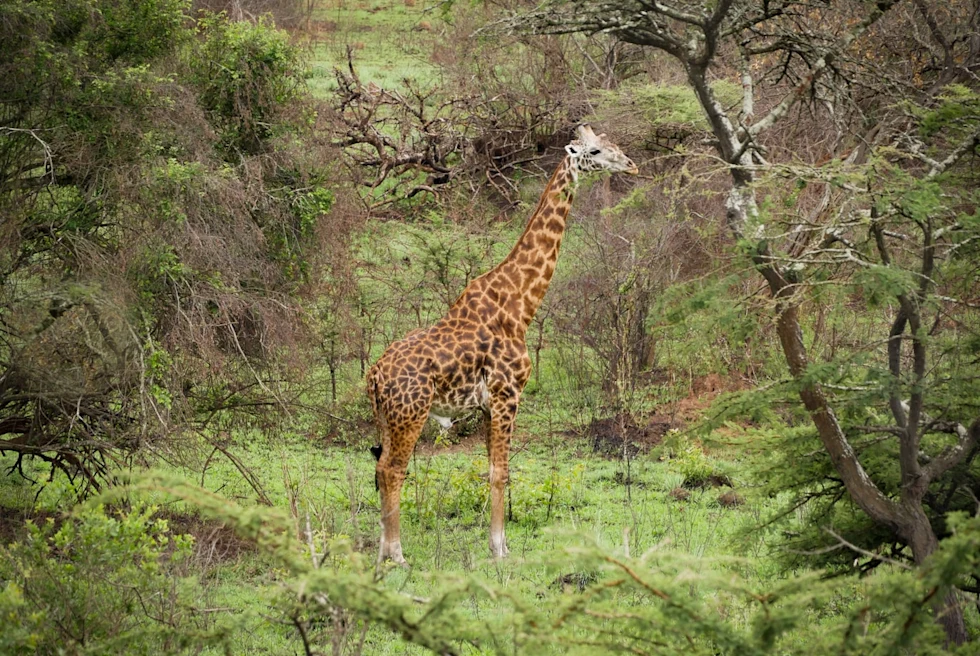
Although gorilla trekking tops most people’s bucket list, it’s worth giving time to exploring more of Rwanda while you’re here. After visiting Volcanoes National Park, the two best options are either south to Nyugnwe National Forest or east to Akagera National Park. Nyugnwe is known for chimp trekking and the beauty of the setting, a combination of tea plantations and verdant forest, whereas Akagera offers a traditional safari experience on the border of Tanzania. Although the game drives may not offer a full Big Five spotting, the roving herds of zebra, impala, and giraffe are plenty impressive, and you’ll sleep in one of the six tents at Magashi, where hippos and crocs sun themselves by the banks.

A note from Henley
Driving distances can get long, and there aren’t many internal flights. If connecting Volcanoes with either Nyungwe or Akagera, use Akagera Aviation whose fleet of helicopters offers both charters as well as shared service.